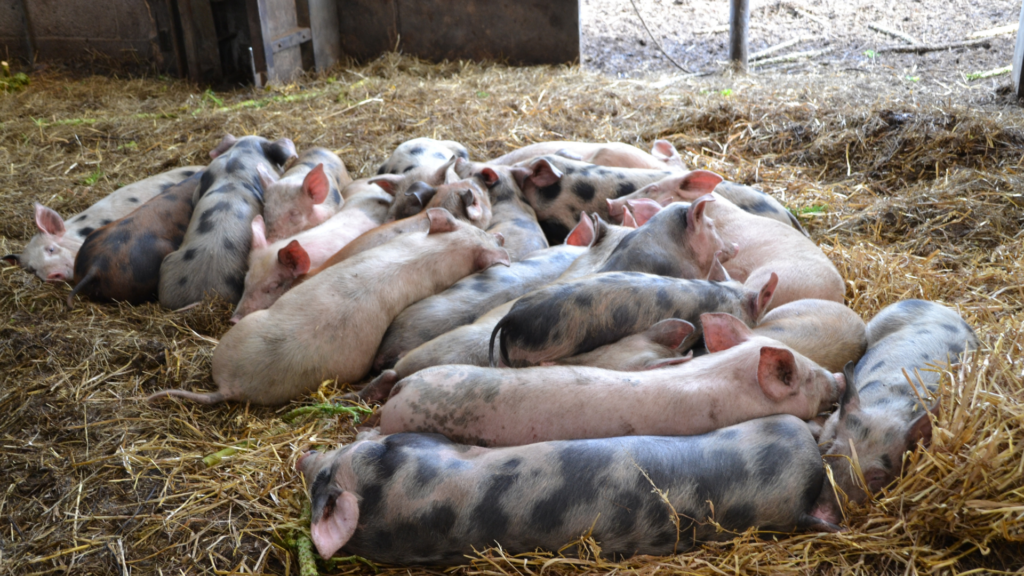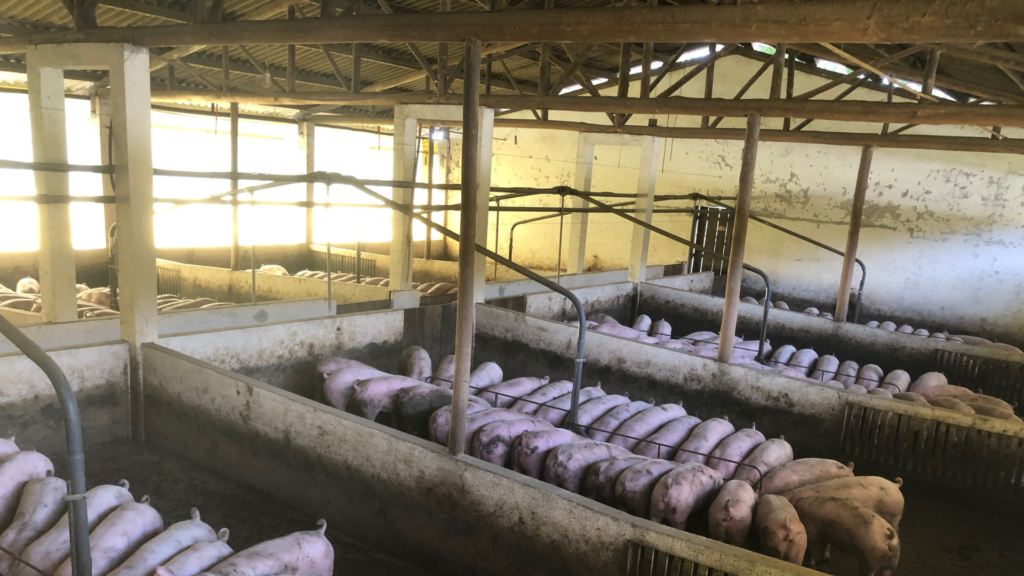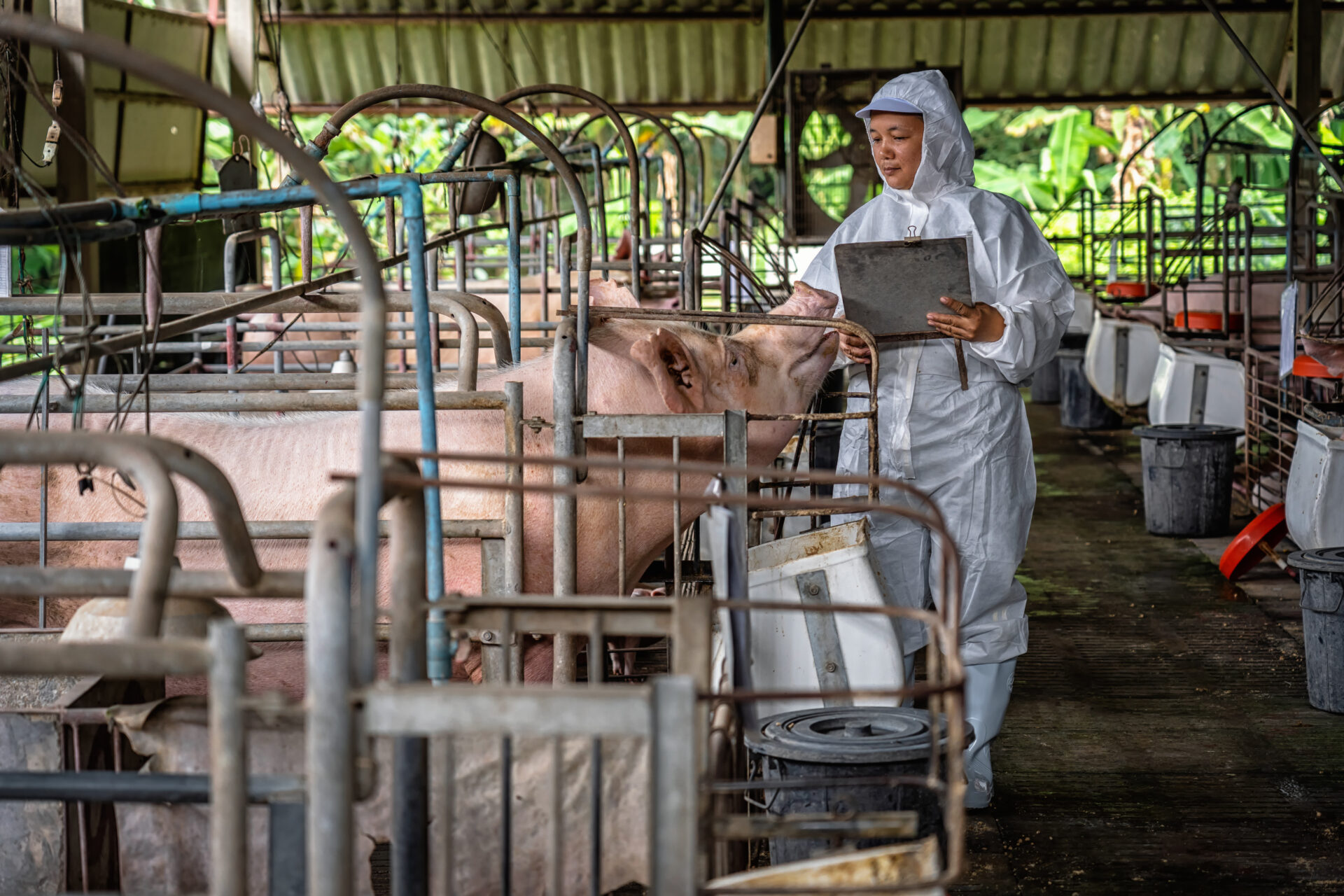Reduction of colistin use in Vietnamese pig production
Context
In 2017, Vietnam launched a National Action Plan (NAP) to manage antibiotic use and to control antibiotic resistance in livestock production and aquaculture from 2017-2020. A new NAP is currently being prepared by the Ministry of Agriculture and Rural Development (MARD) and the outcomes of this project will support key objectives in the new NAP, such as reviewing policy implementation and governance, increasing awareness among farmers and policy makers, implementing good stewardship practices, and colistin use/surveillance. This project will work closely with and support the newly established Sub-Committee by MARD on “Antimicrobial Resistance Prevention and Control in the Agriculture Sector (period 2020-2025), as the Vice-head of this Sub-Committee is the Head of the Steering Committee of this project.
Problem
Post-weaning disease (PWD) poses a serious threat to the global pig industry, and is commonly associated with enterotoxigenic Escherichia coli in the pig intestine. Colistin is widely used in pigs for the oral treatment of intestinal infections caused by E. coli, and particularly of PWD. Despite the effectiveness of this antibiotic in the treatment of PWD, several studies have reported high rates of colistin-resistant E. coli in pigs, pork and people. Furthermore, the World Health Organization has classified colistin as a ‘highest priority critically important antimicrobial’ to be used for the treatment of human infections due to multidrug-resistant (MDR) Gram-negative bacteria. Consequently, it is proposed internationally that the use of colistin in animal production should be terminated or at least as a last resort treatment only.
In Vietnam, colistin is currently used prophylactically and therapeutically for PWD, as well as being used as a growth promoter. Moreover, mcr1 genes encoding for colistin resistance in Enterobacteriaceae on conjugative stable plasmids are now also reported in Vietnam, which raises great concern about the possible loss of colistin effectiveness for the treatment of MDR pathogens in humans. This issue has been identified by the Vietnamese government, through the development of new legislation that bans colistin and other antibiotics as a growth promoter in pigs and will soon ban prophylactic use of antibiotics. Knowledge on cost-effective alternatives to colistin in pig production is now greatly needed.
Project overview
The aim of this project is to support sustainable pig production with reduced use of colistin and other antibiotics in Vietnam while supporting healthy pig production. This project will implement alternative interventions to colistin in medium- and large-scale farms in Vietnam to understand cost-effectiveness and pig health outcomes from different alternative interventions.
It will test context-specific interventions at pig farms to document how vaccination, and other alternative strategies can be used for a sustainable, cost-effective control of piglet diarrhea without the use of colistin. It will assess the effectiveness of the interventions while documenting the implementation process from inception to guidelines for scale-up, with particular focus on enablers and barriers to implementation. The amounts and drivers of colistin use in pig production will be determined and together with policy impact studies enable the Ministry of Agriculture and Rural Development (MARD) to strengthen ongoing legislation to substantially reduce colistin use in Vietnamese livestock production. Recommendations will be developed to inform effective legislation, with results being disseminated across Vietnamese pig farmers and other stakeholders.
Outcomes
- Information on cost-effectiveness and pig health outcomes from alternative interventions to colistin
- Evidence to strengthen ongoing legislation to reduce colistin use in Vietnamese livestock production
- Dissemination of results to the scientific community and translation into policy, programmes and practice to support uptake of policies that support antibiotic stewardship in the pig industry

Facts
Region: Asia
Sector: Terrestrial and Aquatic Animals
Country: Vietnam
Type: Project
Country partners: Ministry of Agriculture and Rural Development (MARD), medium- and large-scale farms in Vietnam, veterinarians, local facilitators
ICARS funding: 605,000 USD
Lead Advisor


Resources
Share
Share this project on socials
Featured projects

Reducing antimicrobial use through improved provision of colostrum and use of vaccines in weaning pigs in Colombia


